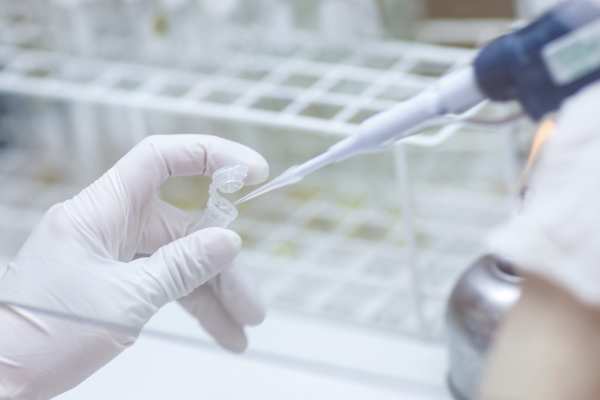关於北极星
我们主要的研究药物 ADI-PEG 20是一个生物制剂,现已进入临床试验研究後期,研究的癌症适应症相当广泛,包括肺间皮癌、软组织肉瘤、脑癌、肝癌、血癌、非酒精性脂肪肝炎等。 北极星药业集团深度参与药物开发的每一个阶段。我们集团掌握基於结构设计癌症新药的技术丶和全球顶尖的癌症中心合作执行临床试验,并在美国加州和中国成都建有cGMP药厂。

公司集团

Polaris Pharmaceuticals – 瓦卡维尔
成立于2002年。在2005年建立了生物制品的cGMP设施,10多年来一直为所有的临床研究提供Pegargiminase。

DesigneRx Pharmaceuticals – 成都
迪瑞藥業(成都)成立於2013年,位於成都高新技術產業園區,占地68畝。目前已建成先進、高效的多肽藥物生產線,具備多肽藥物的合成、純化和規模化生產能力。

Polaris Pharmaceuticals – 圣地牙哥
成立于2006年,位于圣地亚哥的北极星制药公司正在领导北极星集团的主要候选药物Pegargiminase的临床开发。

Genovior Biotech Corporation
霖扬生技为专业的原料药(API)及无菌针剂药品CDMO受托研发制造大厂,在符合国际 PIC/S GMP (cGMP, EU GMP) 的标准规范下,致力为遍及全球的药厂客户提供精进制程开发、放大、剂型开发等相关技术并协助制程优化与提高产率。
科学研究
阻挡多种癌症的代谢关键
Pegargiminase是一种正在开发的新型治疗蛋白,用于治疗具有独特代谢特征的癌症,它们的细胞无法创造精氨酸,一种对癌细胞增殖和生存至关重要的氨基酸。因为这些癌细胞不能自行制造精氨酸,他们必须依赖病患血液里的精氨酸。 ADI-PEG 20经由把血液里的精氨酸转为瓜胺酸,剥夺了这些癌细胞的营养来源。
虽然健康细胞能够通过一个被称为尿素循环的过程轻松地将瓜氨酸转化回精氨酸,但癌细胞却不能。由于其负责生产精氨酸的精胺琥珀酸合成酶(argininosuccinate synthase, ASS1)功能低下。为了存活,癌细胞必须「重写」其代谢途径,但这个过程会带给癌细胞压力,让传统化学治疗更加有效。
北极星公司正在评估ADI-PEG 20与标准化疗和免疫肿瘤学药物的结合。该候选药物在美国已获得肝细胞癌、黑色素瘤和间皮瘤的孤儿药资格,在欧洲也获得了间皮瘤和肝细胞癌的孤儿药资格。

美国食品药物管理局 (FDA) 已提供快速审查认定,欧洲药品管理局(EMA) 也提供研发计画咨询,增加快速取得药证的可能性。
北极星药业集团拥有数个ADI-PEG 20专利(包含核准及申请中),涵盖制剂到使用方法。